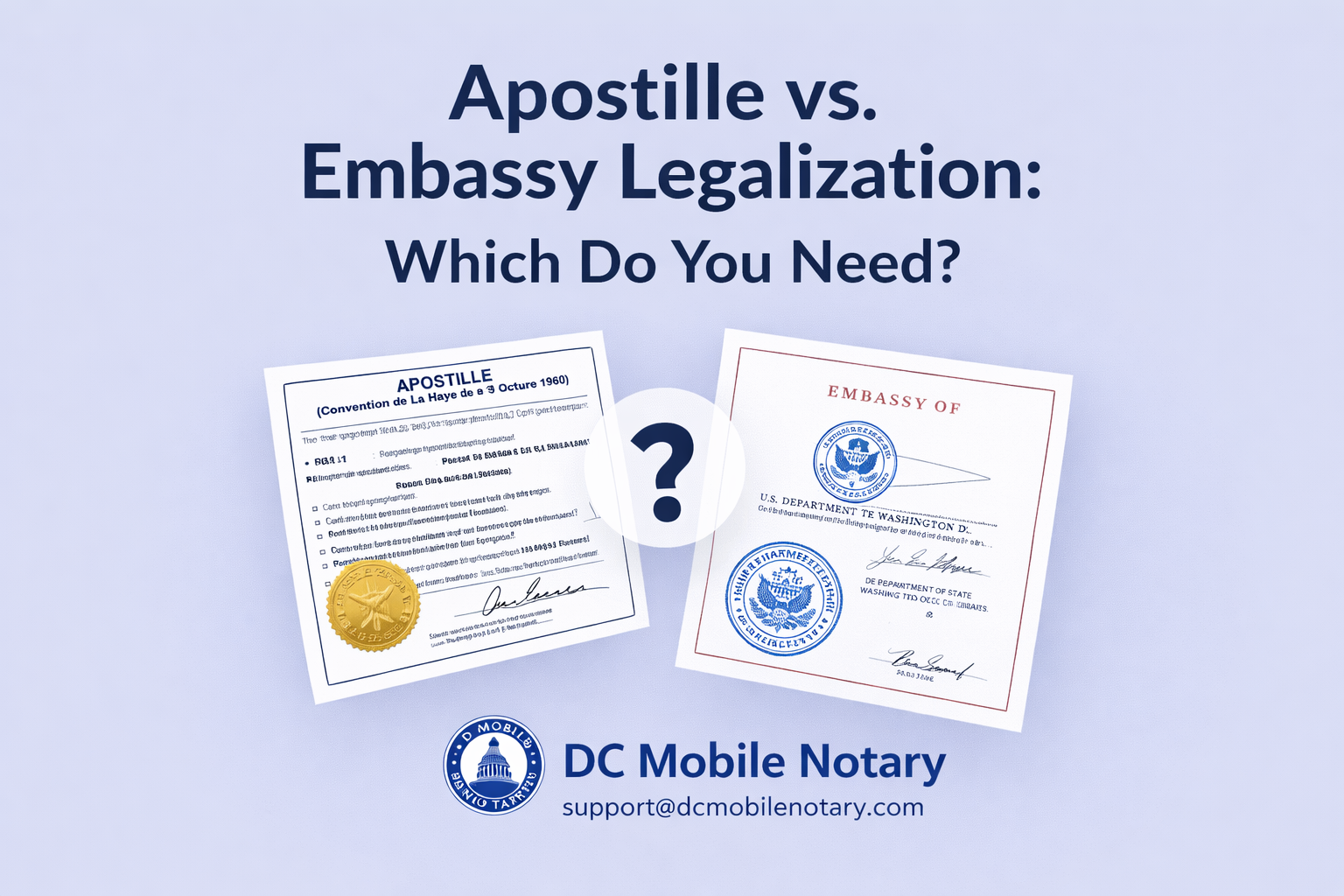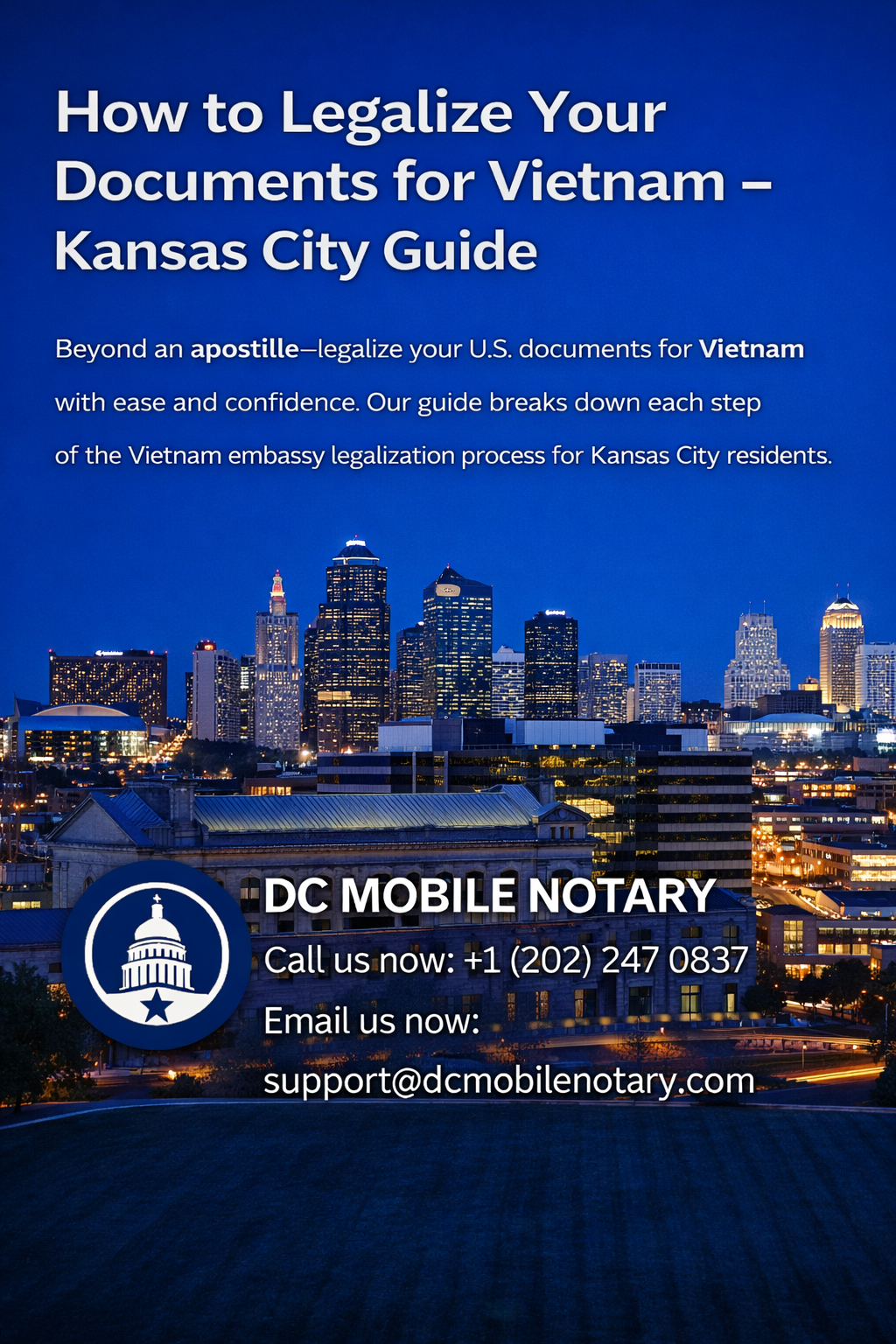Can a Family Member Be an Authorized Representative for an I-9 Form? Yes!

October 7, 2024
.png)
One of the most common questions that arise when completing the I-9 Employment Eligibility Verification form is, “Who can be an authorized representative?” While many assume that this role must be filled by someone with a specific title or qualification, the reality is quite different. Anyone—including family members—can serve as an authorized representative for the I-9 process.
This flexibility can be especially helpful for remote employees or those who may not have easy access to a company office. Here’s everything you need to know about how family members, friends, or other representatives can help complete the I-9 process.
Who Can Be an Authorized Representative?
According to the U.S. Citizenship and Immigration Services (USCIS) guidelines, anyone can be an authorized representative for the I-9 form. This includes:
- Family members
- Friends
- Colleagues
- Employees of other businesses
- Third-party agents (such as notaries or law firms)
Importantly, the authorized representative does not need to be employed by the company. They don’t need any specific training, qualifications, or certifications to fill out the I-9 form. However, employers remain fully responsible for the proper completion of the form and compliance with verification rules.
What Does the Authorized Representative Do?
The I-9 form has three sections. The employee completes Section 1, and the authorized representative can assist with Sections 2 or 3:
- Section 2: Employer or Authorized Representative Review and Verification
In Section 2, the authorized representative is responsible for physically reviewing the employee’s original documents (such as a passport, driver’s license, or social security card) to verify their identity and work eligibility. After reviewing the documents, the representative must complete and sign Section 2 on behalf of the company. - Section 3: Reverification and Rehires
If the employee’s work authorization has expired or if the employee has been rehired, the authorized representative can complete Section 3 of the form to update or reverify the documents.
Since these actions directly affect a company's legal obligations, it’s critical that the authorized representative follows all instructions properly and accurately.
What Should the Employer Do?
Employers are ultimately responsible for ensuring that the I-9 form is completed correctly, even when using an authorized representative. Here are several steps that employers should take to ensure compliance:
- Choose Representatives Carefully:
Although anyone can serve as an authorized representative, employers should ensure the person chosen understands the responsibility of properly verifying the employee’s documents and completing the form accurately. Family members can serve as representatives, but employers should exercise caution to avoid potential conflicts of interest. - Provide Clear Instructions:
It is essential that employers provide detailed instructions on how to fill out the I-9 form, including which documents are acceptable, how to review them, and how to properly sign the form. Both the employee and the representative should understand these guidelines before proceeding. - Stay Accountable:
Even though the representative is acting on behalf of the company, the employer is legally responsible for any errors or violations during the verification process. This means that if mistakes are made, it could lead to penalties for the employer, not the representative. - For this reason, it’s important to establish internal policies regarding the I-9 process and to communicate the importance of accuracy to the authorized representative.
Additional Precautions for Employers
While USCIS does not set any official rules about who can serve as an authorized representative, some employers establish internal guardrails for added peace of mind. These rules can help protect the company from potential liability issues or improper verification processes.
Some examples of internal policies might include:
- Age Requirements:
Employers may require that authorized representatives be at least 18 years old to ensure a level of maturity and understanding of the responsibility. - Relationship Restrictions:
Although a family member is allowed to serve as an authorized representative, some employers may prefer that the representative is not directly related to the employee to avoid potential bias or conflicts of interest. - Use of Trusted Agents:
Some companies opt to work with professional third-party agents, such as notaries, law firms, or specific I-9 service providers, to ensure the form is filled out correctly and legally. This can be especially useful when employees work remotely. - Training and Support:
While not mandatory, providing additional training or support materials to authorized representatives can help minimize errors. A short instructional video or guide can ensure the representative knows exactly what to do when reviewing documents and completing the I-9 form.
Why Use a Family Member as an Authorized Representative?
The flexibility of the I-9 verification process can be particularly helpful for remote or offsite employees who don’t have immediate access to the company’s HR office. In these situations, the use of a family member as an authorized representative provides a convenient solution.
Family members can be trusted to act promptly and are often readily available to verify documents in a timely manner. Additionally, during the COVID-19 pandemic, many employers embraced this option as a way to streamline the verification process while maintaining compliance with federal regulations.
Risks and Considerations
Although a family member can legally serve as an authorized representative, employers must be aware of the risks associated with this choice.
- Conflicts of Interest:
Since the representative is responsible for verifying the authenticity of documents, there could be a potential conflict of interest when a close family member is involved. While it’s not prohibited, it could create a situation where the verification is not done as rigorously as it should be. - Company Liability:
Even if a family member serves as the representative, the employer remains responsible for the form’s accuracy. Errors on the I-9 can result in penalties and fines for the company, regardless of who completed the form. Employers must ensure that the representative fully understands their role and responsibilities.
Conclusion
In conclusion, a family member can indeed serve as an authorized representative for completing Sections 2 or 3 of the I-9 form, along with friends, employees, or third-party agents. However, employers must remain vigilant about the accuracy of the I-9 form and the verification process, as the responsibility ultimately falls on the employer.
At DC Mobile Notary, we offer professional assistance for businesses navigating the I-9 process. With our expertise, you can ensure that your I-9 forms are completed accurately and in compliance with all relevant regulations, minimizing risks for your business.
By clearly understanding the rules, setting appropriate internal policies, and ensuring that both employees and representatives are well-informed, employers can ensure a smooth and compliant I-9 process—even when family members are involved.
For more information on the I-9 process, visit the USCIS I-9 website.

‹ Previous
Next ›

Apostille vs. Embassy Legalization: Which Do You Need?

January 27, 2026

How to Legalize Your Documents for Vietnam KansasCity Guide

January 25, 2026





